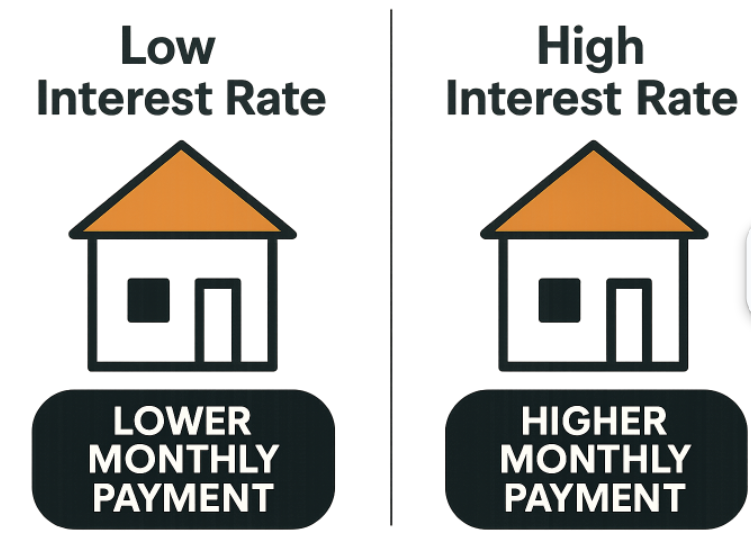Every digital agency reaches a point where demand outpaces capacity. SEO becomes a natural upsell—but building an internal team is slow, costly, and often inefficient.
That’s why white label SEO has become the preferred model for agencies that want to scale without compromise. You maintain the client relationship and strategic direction; your partner handles the technical and content execution under your brand.
And when you outsource content writing as part of that process, you unlock predictable delivery, quality at scale, and margin control.
This guide breaks down how to use white label SEO as a growth engine, without losing oversight, consistency, or your agency’s voice.
What Exactly Is White Label SEO?
White label SEO is when another company does the SEO work for your clients, but under your agency’s brand. You manage the relationship; they handle the execution.
You can also think of it like this:
- Your client needs a backlink audit.
- Instead of hiring an SEO technician in-house, you partner with a white label firm.
- They run the audit, write the report, and send it to you.
- You brand it with your agency’s logo and deliver it to the client.
Why Agencies Rely on White Label SEO
Here’s how white label SEO supports real-world growth for agencies:
1. Faster Service Delivery
Say you land three new clients this quarter. Each needs an SEO site audit, 15 optimized pages, a local SEO campaign, and monthly link building. Doing that in-house means onboarding at least two specialists and managing workflows across multiple tools.
With a white label partner, turnaround times can drop to 5–7 days. You plug into their system, and they handle the execution.
You meet deadlines without pushing your team into overtime.
2. Fixed Costs with Flexible Output
Hiring full-time SEO staff means high fixed costs: salaries, taxes, benefits, and software licenses. With a white label model, you pay per project or a monthly package.
This turns SEO into a predictable cost that scales with your revenue. Land a new client? Add a package. Slow month? No ongoing overhead.
That’s crucial for managing cash flow in a competitive agency environment.
Where Content Comes In (And Why You Should Outsource It)
Most SEO campaigns live or die based on content. You can’t rank without a strong, optimized copy. And your in-house designers probably aren’t writing 1,000-word blog posts.
That’s why many agencies choose to outsource content writing along with their SEO efforts.
Here’s how that helps:
Example: Local Service SEO
A home services client wants to rank in 6 nearby cities. That means writing city pages like “HVAC Repair in Austin” and “Emergency AC Service in Round Rock.” Each needs to be 600–800 words, optimized for local intent and relevant keywords.
If you outsource content writing to a skilled team, you can deliver these pages in a week, fully optimized and proofread.
Doing that in-house might take 2–3 weeks and pull team members away from billable client work.
Benefits of Outsourcing Content:
- Consistency: Writers follow your tone, guidelines, and optimization needs.
- Volume: Need 20 blog posts a month? No problem.
- Expertise: Professional writers understand keyword placement, internal linking, and structure.
Setting Up Your White Label Workflow
To integrate white label SEO into your agency, you’ll need a clear, repeatable process.
Here’s a five-step system that works for most agencies:
- Choose a Niche: Focus on industries you know well—law firms, home services, healthcare, etc. It helps with positioning and communication.
- Vet Your Provider: Ask for real client reports, samples, and turnaround times. Ensure they offer both technical and content services.
- Package Your Services: Bundle audits, local SEO, link building, and content into monthly packages. Use flat-rate pricing to protect your margins.
- Set Internal SOPs: Define how projects get assigned, reviewed, and delivered. Build a checklist for QA before anything goes to the client.
- Communicate Transparently: Own the client relationship. Provide monthly updates and always be the face of results, even when someone else does the work.
Red Flags to Watch Out For
Not every provider is worth your time. Here’s what to avoid when choosing a white label SEO partner:
- No transparency: If they won’t show you what they do or how they do it, walk away.
- No performance benchmarks: You should be able to measure success. If your partner doesn’t provide rank tracking or traffic metrics, it’s not a real partnership.
Conclusion: Don’t Build Everything, Build Smart
You don’t need to build an SEO department from scratch to deliver real results. You need the right infrastructure.
White label SEO lets you scale your agency without diluting your brand or stretching your internal resources. It’s not about outsourcing for the sake of cost-it’s about creating a reliable, repeatable system for delivering client outcomes at scale.
When you outsource content writing as part of that system, you add consistency, quality, and speed, without adding headcount.
The agencies that grow profitably aren’t doing more-they’re doing the right things with less friction. White label SEO is one of them.
Latest Blogs:
| BunkrAlbum |
| Deepfakes Illegal |
| CentralReach Member Login |
| Facts About Costa Rica |
| UMichVoter |
| NewMITBBS |
| eTraderAI |
| Jacksonville Flight Discontinuations |




